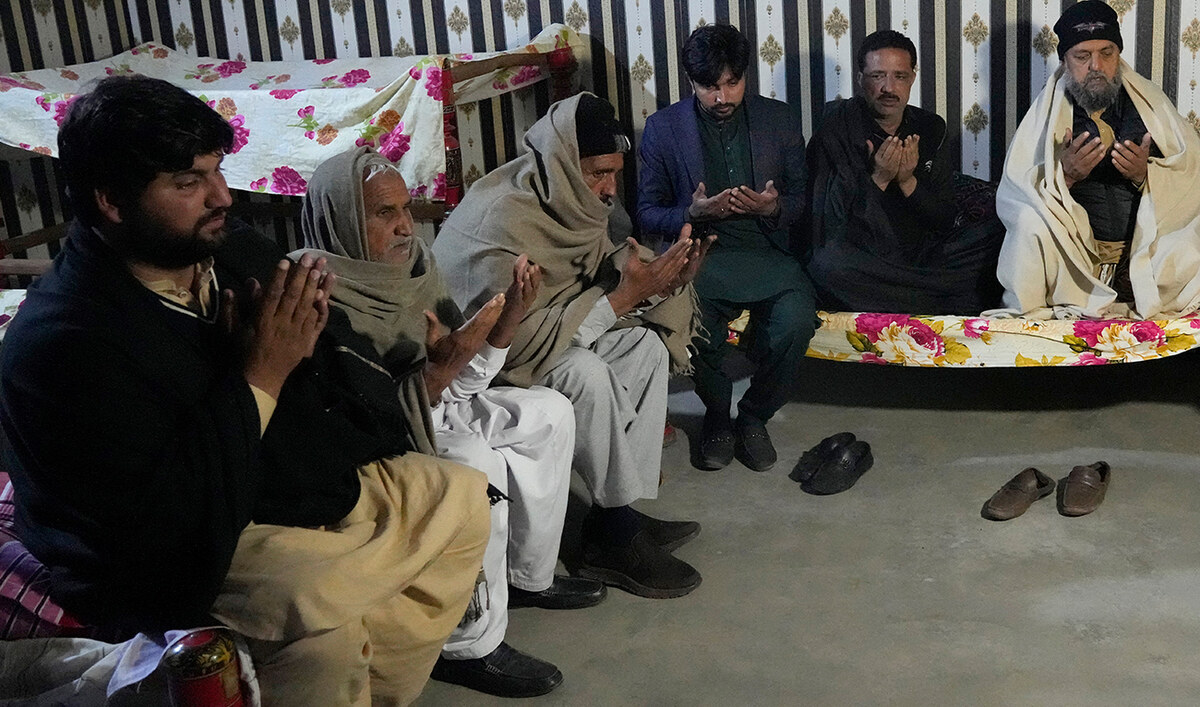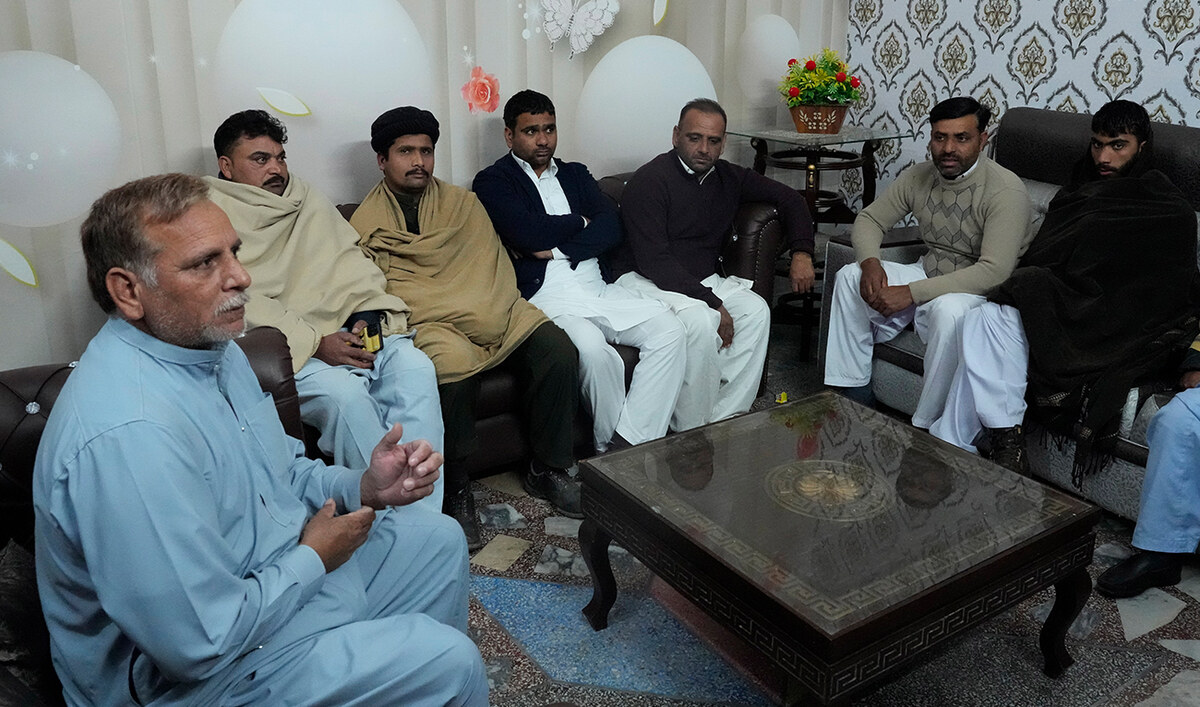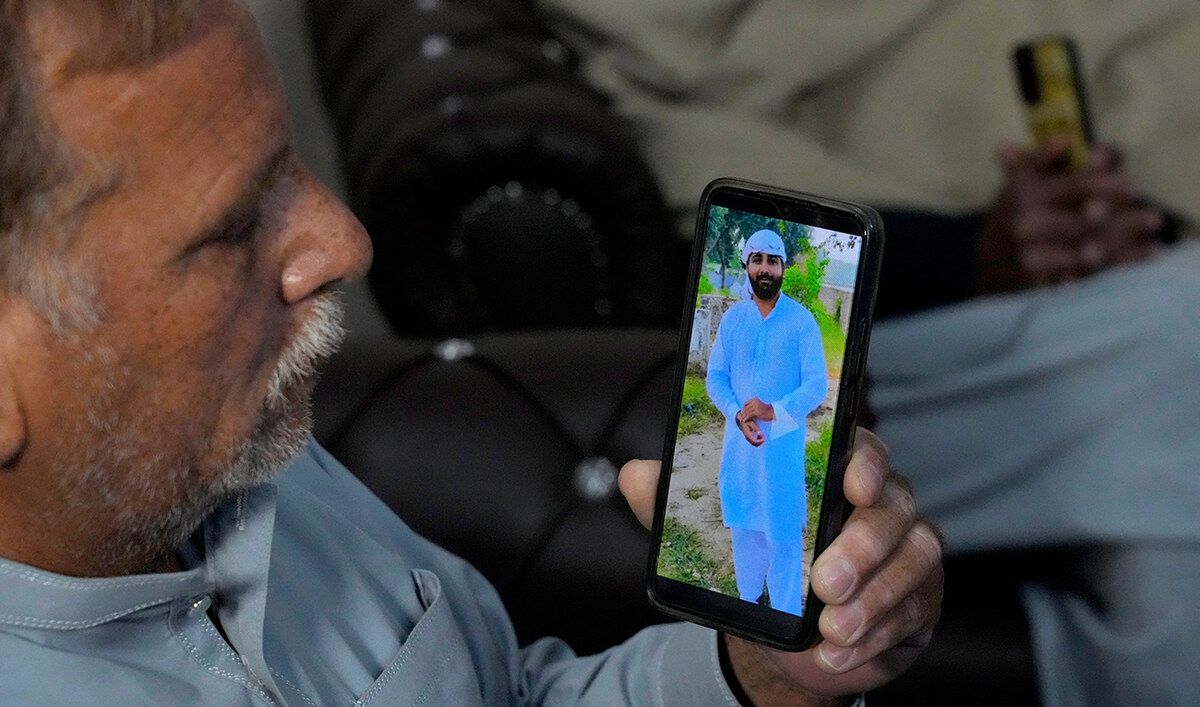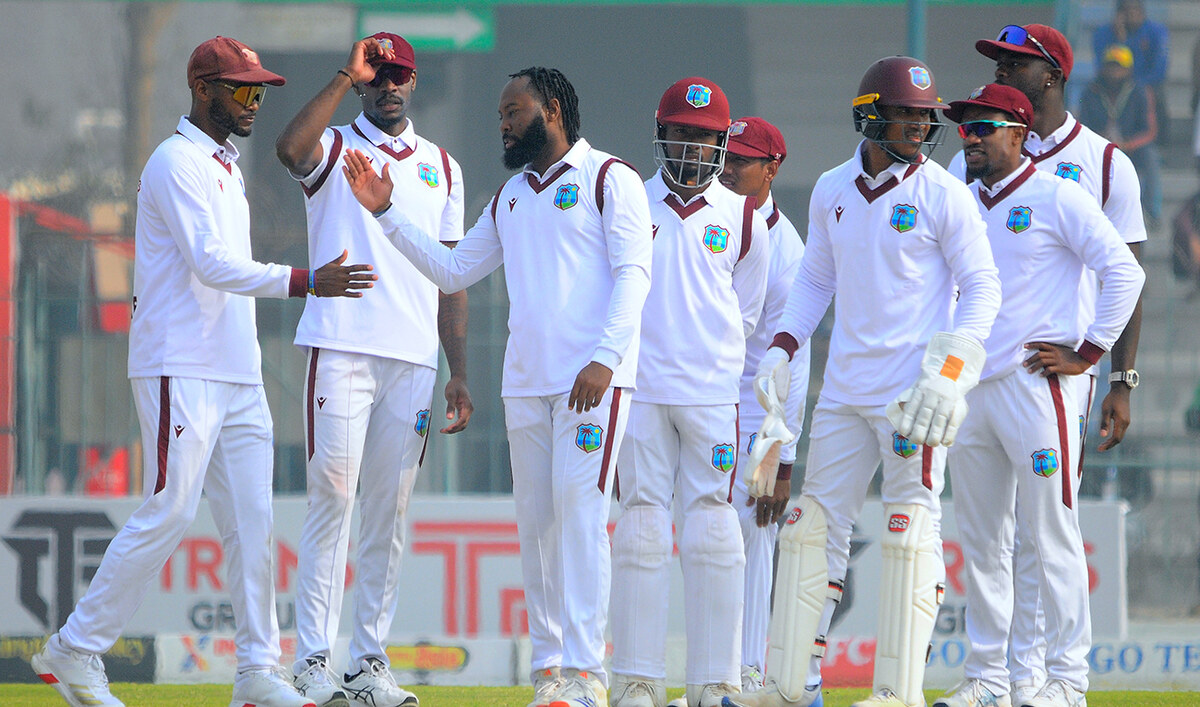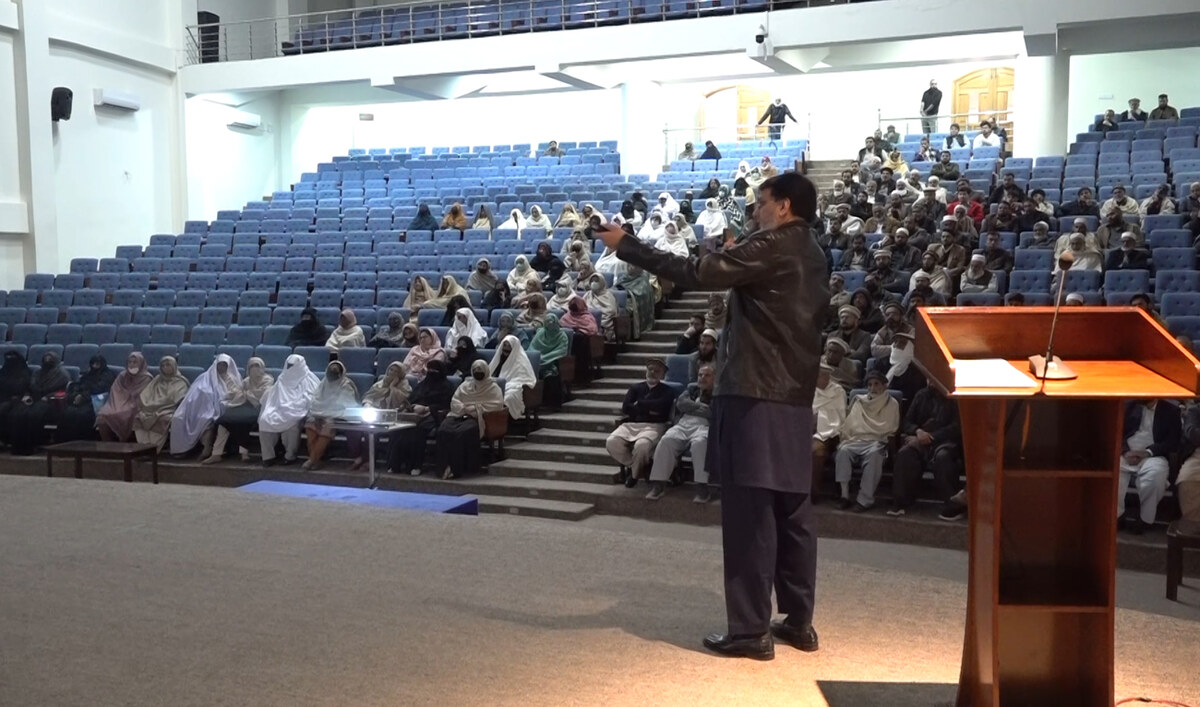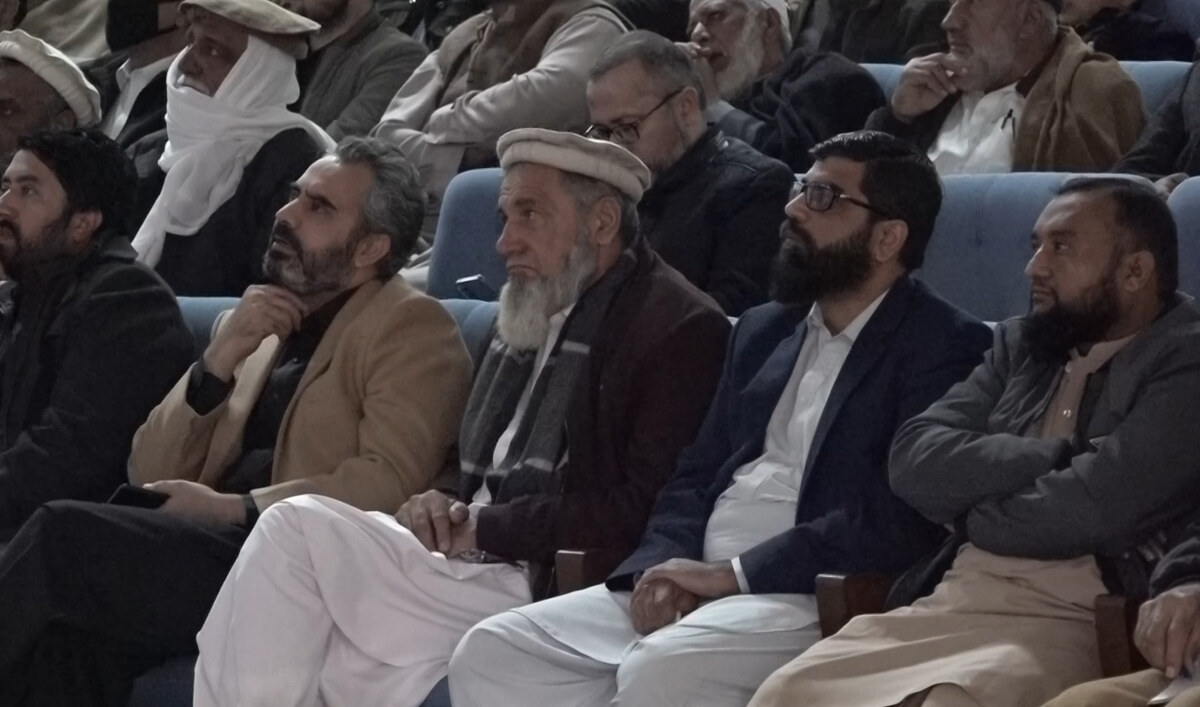BAKU, Azerbaijan: Countries of the world took turns rejecting a new but vague draft text released early Thursday which attempts to form the spine of any deal reached at United Nations climate talks on money for developing countries to transition to clean energy and adapt to climate change.
The draft left out a crucial sticking point: how much wealthy nations will pay poor countries. A key option for the lowest amount donors are willing to pay was just a placeholder “X.” Part of that is because rich nations have yet to make an offer in negotiations.
So the host Azerbaijan presidency with its dawn-released package of proposals did manage to unite a fractured world on climate change, but it was only in their unease and outright distaste for the plan. Negotiators at the talks — known as COP29 — in Baku, are trying to close the gap between the $1.3 trillion the developing world says is needed in climate finance and the few hundred billion that negotiators say richer nations have been prepared to give.
Negotiators slam an ‘unbalanced’ draft
Introducing the plan, lead negotiator Yalchin Rafiyev emphasized how balanced the plan was, but all sides kept saying it was anything but balanced and pointed time was running out.
“We would like to correct the balance. It is completely tilted,” Pakistan delegate Romina Khurshid Alam said.
Poor nations blasted both rich nations and the presidency with Honduras delegate Malcolm Bryan complaining that the plan was a “completely unbalanced text that doesn’t bring us any closer to a landing .... It is high time for developed countries put their numbers on the table.’’
The EU’s climate envoy Wopke Hoekstra called the draft “imbalanced, unworkable, and not acceptable.”
In a statement, the COP29 Presidency stressed that the drafts “are not final.”
“The COP29 Presidency’s door is always open, and we welcome any bridging proposals that the parties wish to present,” the Presidency said in a statement. It added that possible numbers for a finance goal will be released in the next iteration of the draft.
COP29 President Mukhtar Babayev convened the Qurultay — a traditional Azerbaijani meeting — where negotiators spoke to hear all sides and hammer out a compromise. He said that “after hearing all views, we will outline a way forward regarding future iterations.”
No figure for climate cash leaves many disappointed
Independent experts say that at least $1 trillion is needed in finance to help transition away from planet-warming fossil fuels and toward clean energy like solar and wind, better adapt to the effects of climate change and pay for losses and damages caused by extreme weather.
Esa Ainuu, from the small Pacific island of Niue said, slammed the lack of a number in the draft deal.
“For us in the Pacific, this is critical for us,” Ainuu said. “We can’t escape to the desert. We can’t escape somewhere else. This is reality for us. If finance is not bringing any positive, (then) why’re we coming to COP?”
She added: “I don’t even know if we’re going to be here for a COP 30 or COP 31. Something needs to happen.”
Adao Barbosa, a top negotiator from the Indian ocean nation of Timor-Leste said all developing countries are unhappy with the climate finance deal. As things stand, the deal is weak, Barbosa said.
Mohamed Adow, director of the think tank Power Shift Africa, expressed disappointment at the lack of a figure. “We came here to talk about money. The way you measure money is with numbers. We need a cheque but all we have right now is a blank piece of paper,” he said.
Iskander Erzini Vernoit, director of Moroccan climate think-tank Imal Initiative for Climate and Development, said he was “at a loss for words at how disappointed we are at this stage to have come this far without serious numbers on the table and serious engagement from the developed countries.”
He said that some developed nations “are slowly waking up” to the fact that keeping warming to below 1.5 degrees Celsius (2.7 degrees Fahrenheit) above pre-industrial times will require over a trillion dollars in finance. “But many are still asleep at the wheel,” he said.
There’s a lot of work left to do
There are three big parts of the issue where negotiators need to find agreement: How big the numbers are, how much is grants or loans, and who contributes.
Official observers of the talks from the International Institute of Sustainable Development who are allowed to sit in on the closed meetings reported that negotiators have now agreed on not expanding the list of countries that will contribute to global climate funds — at least at these talks. Linda Kalcher, of the think tank Strategic Partnerships, said on the question of grants or loans, the draft text suggests “the need for grants and better access to finance.”
She added that the lack of numbers in the draft text could be a “bluff.” The COP29 presidency, which prepares the texts “should know more ... than what they put on the table,” she said.
Other areas that are being negotiated include commitments to slash planet-warming fossil fuels and how to adapt to climate change. But they’ve also seen little movement.
European nations criticized the package of proposals for not being strong enough in reiterating last year’s call for a transition away from fossil fuels.
“The current text offers no progress” on efforts to cut the world’s emissions of heat-trapping gases, said Germany delegation chief Jennifer Morgan. “This cannot and must not be our response to the suffering of millions of people around the world. We must do better.”
Eamon Ryan, Ireland’s environment minister, also criticized “backsliding” on cutting fossil fuels from last year’s deal.
COP29: Pakistan among nations that blast draft of vague deal on climate cash for poor countries
https://arab.news/4jt6e
COP29: Pakistan among nations that blast draft of vague deal on climate cash for poor countries

- Introducing the plan, lead negotiator from Azerbaijan, Yalchin Rafiyev, emphasized how balanced the plan was
- “We would like to correct the balance. It is completely tilted,” Pakistan delegate Romina Khurshid Alam said





